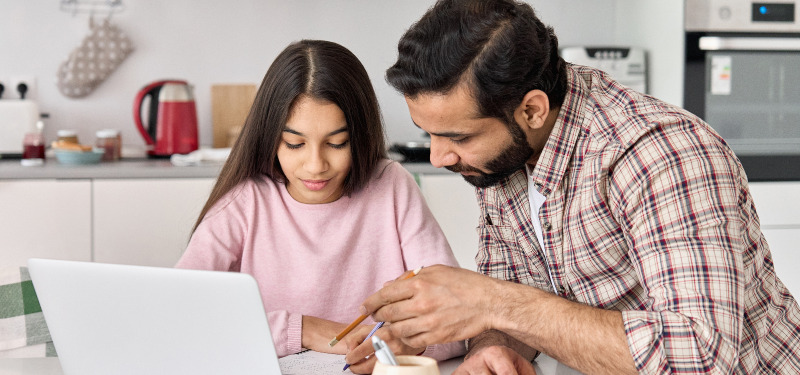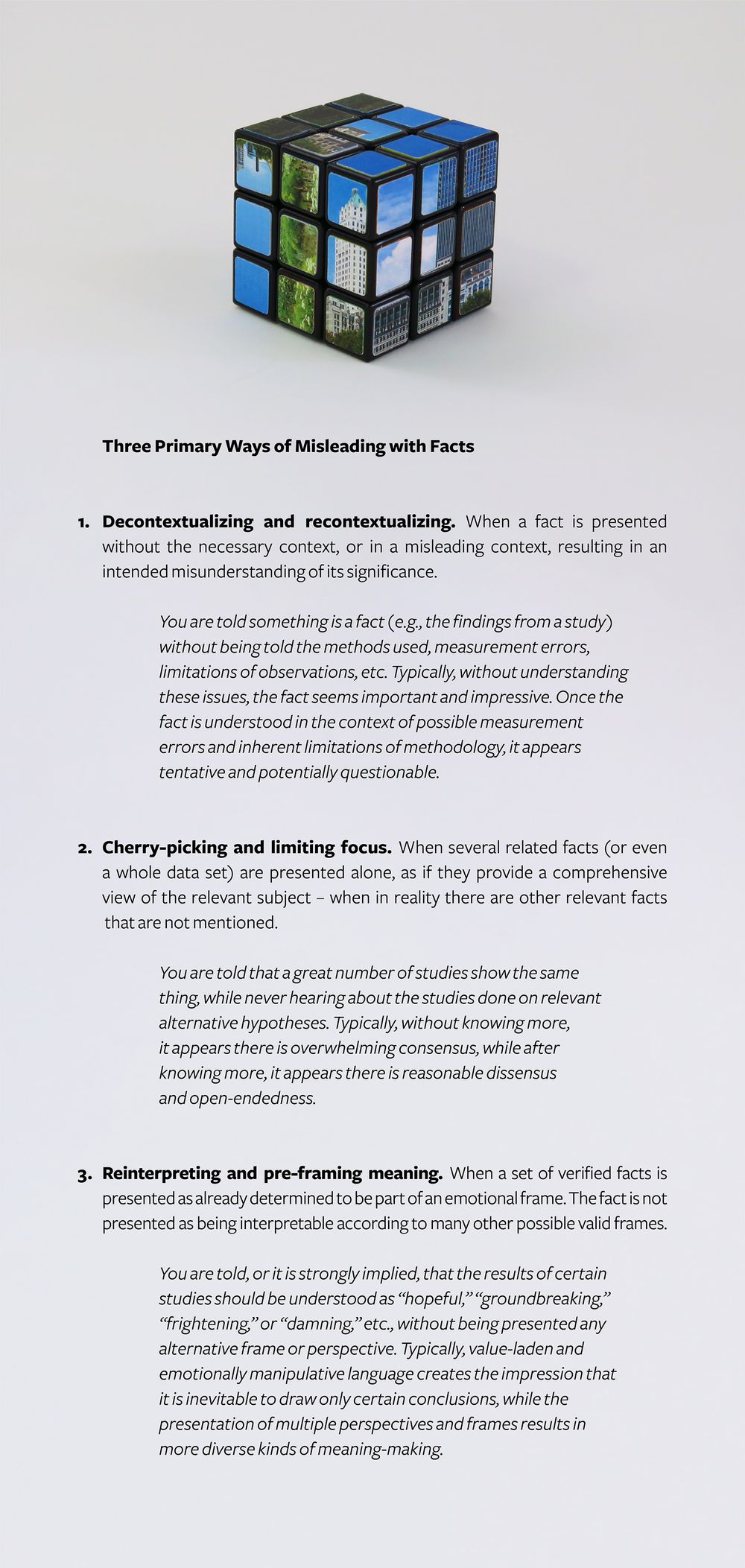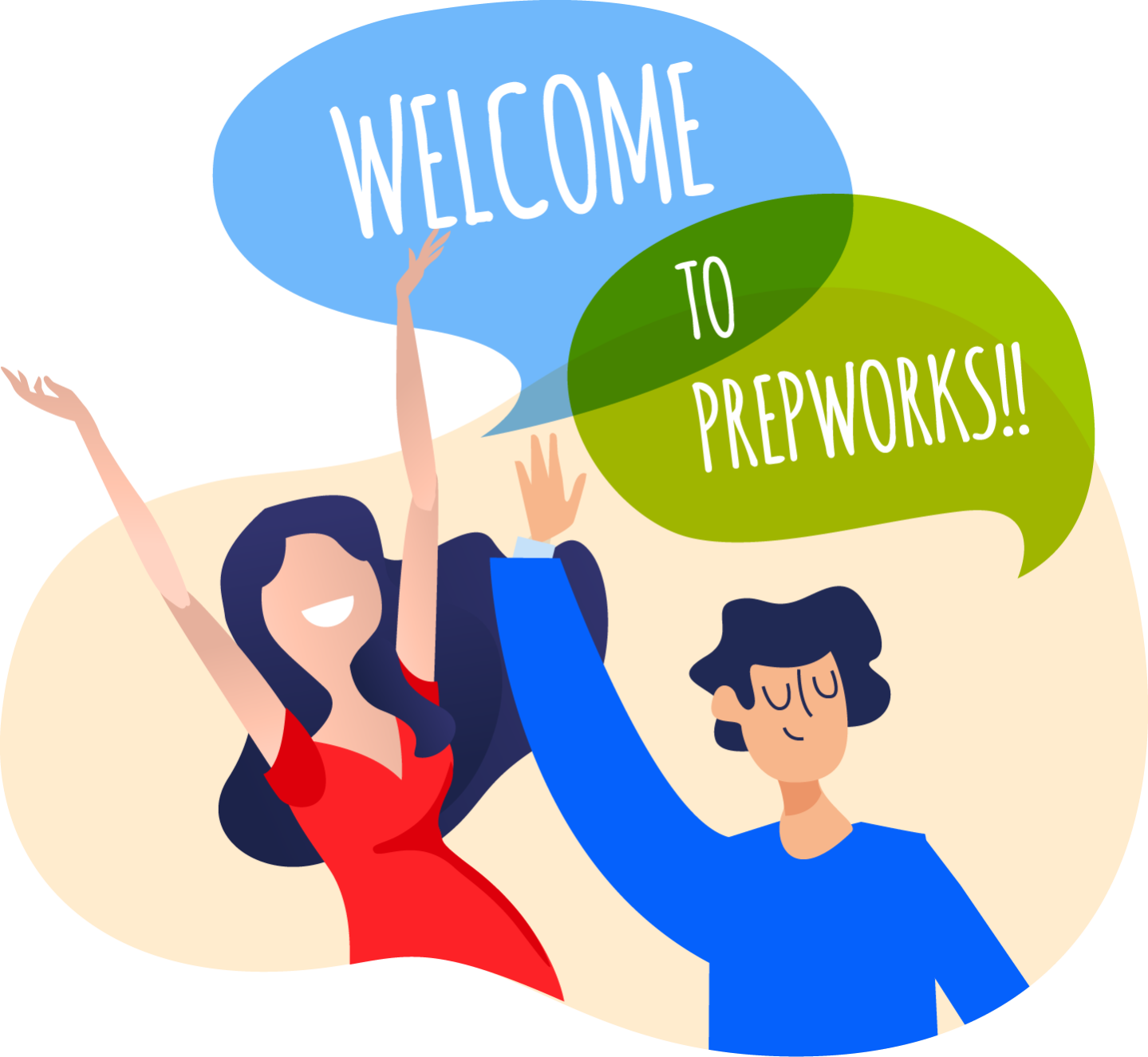
7 Tips on How to Discuss Politics with Your Child
Politics tend to be a taboo subject in many social situations, and it’s obvious why people shy away from it. Discussions of politics are often discouraged to avoid unpleasant scenes where strong opinions on controversial issues clash.
However, avoiding political topics at home becomes dangerous due to the use of social media. Children pick up information from friends and influencers, so it is important to ensure that they have the skills to filter the information. Follow our simple guide on how to discuss politics with your child.
What is politics?
Politics, in a very simplified explanation, is the act of making decisions as a group. Whether it is about changing or introducing new rules, deciding where resources go or who becomes in charge of something. There is a lot of consideration that goes into these decisions as leaders need to think about how it affects people from different class groups and what problems may occur.
Why discuss it?
Find out where your child gets their political information from and ask them to name 3 political figures in your country. After naming them, ask what they know about the politician and their ideas.
Do not be surprised if their answer is ‘I know them from TikTok’, other social media platforms or from casual conversations with friends. The influence of social media is undeniable on the youth, which puts them at risk of becoming influenced by fake news or propaganda.
In order to prevent this from happening, it is important to understand that sensationalised news or information is unavoidable. Rather than cutting children off from these platforms, it is paramount to equip them with digital literacy and critical thinking skills. Teach them how to question the information they are receiving and be the trusted adult they need to talk about tough topics.
Here’s 7 tips on how to discuss politics with children.
1. Keep it simple
While your child may not be able to fully understand the complexities of politics in your country, helping them have a basic understanding is crucial. You can reframe the ideas into situations they can relate to. For example, how a school club decides on funding activities or how families make financial decisions to how a state decides on funding.
2. Don’t dismiss ideas
Have a clash of ideas or opinions? Children and teens have very different views on what is important compared to adults. Ensure to not write those views off as immature or naive. To have healthy discussions and build communication skills, help them understand different points of view on issues and be willing to listen to theirs.
3. Stick to relevant topics
When discussing, you can start with topics or issues relevant to your child, such as education or improvements that can be made in the area you live in. This helps them develop a thought process when analysing problems that can be applied to other topics in the future. In the meantime, also remind them that everyone’s needs can vary too.
4. Analyse views
Build their critical thinking skills by getting them to justify their opinions or ideas. At the same time, ask stimulating questions such as “Why is this important?” or “What problems do you think might happen?”. Provide encouraging feedback and exchange your thoughts with them. This will ensure that the discussion is conducive and challenging without being a negative experience.
5. Differentiate information and persuasion
Information is often written in ways that suit the writer’s motives and persuade the reader. Make it a fun activity to read a news article and discuss it. As clickbait news tends to get shared more often, encourage your child to ask questions like “What is the writer’s purpose?” or “Why are the facts presented this way?”.
This image created by Adaptive Culture outlines how facts can be manipulated to mislead readers.

6. Be aware of bias
Bias is a preference towards or against something or someone and it is unavoidable. Instead of ignoring biases, being aware of your biases and addressing them would be more constructive. This is closely linked to tip 4 and 5, as your child will be able to detect bias when analysing views and information. Find out why such a bias exists and if it is harmful, what can be done to reduce it.
7. Focus on actions too
When discussing politics, it is important to not only focus on the issues that exist but what we are doing or what we can do. Talking about issues alone can be discouraging, making children feel powerless. You should also discuss what actions can be taken (if they were part of the government, or even as a student) as this helps your child develop problem solving skills in different contexts.
While a lot of nuance and information can be lost when discussing politics at a surface level, we shouldn’t shy away from helping children understand how it plays a role in their lives. This step is important in empowering them with the skills and knowledge they need in order to navigate through the overwhelming amount of information that they receive in their daily lives.
Interested in workshops that would help boost these skills? Help your child express themselves clearly and confidently with our Public Speaking workshop, conducted by a public speaking and drama teacher. They can also join the StarWorks Holiday Programme, where the class analyses articles on current events to discuss causes and solutions. Join both workshops and get a 25% discount off! Register today.








